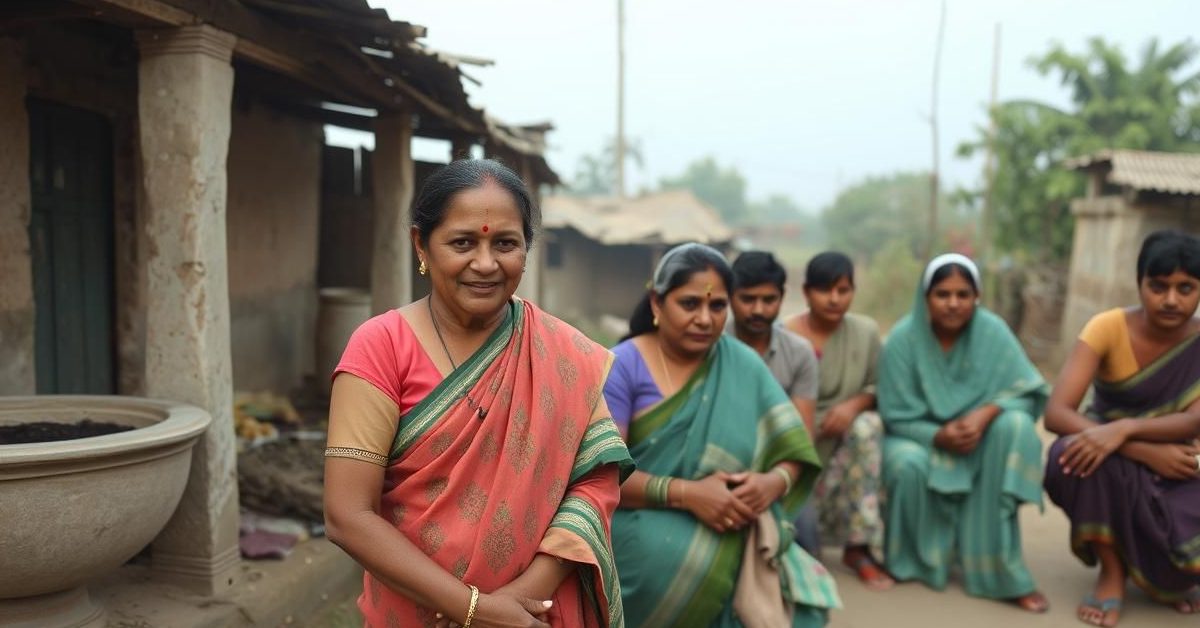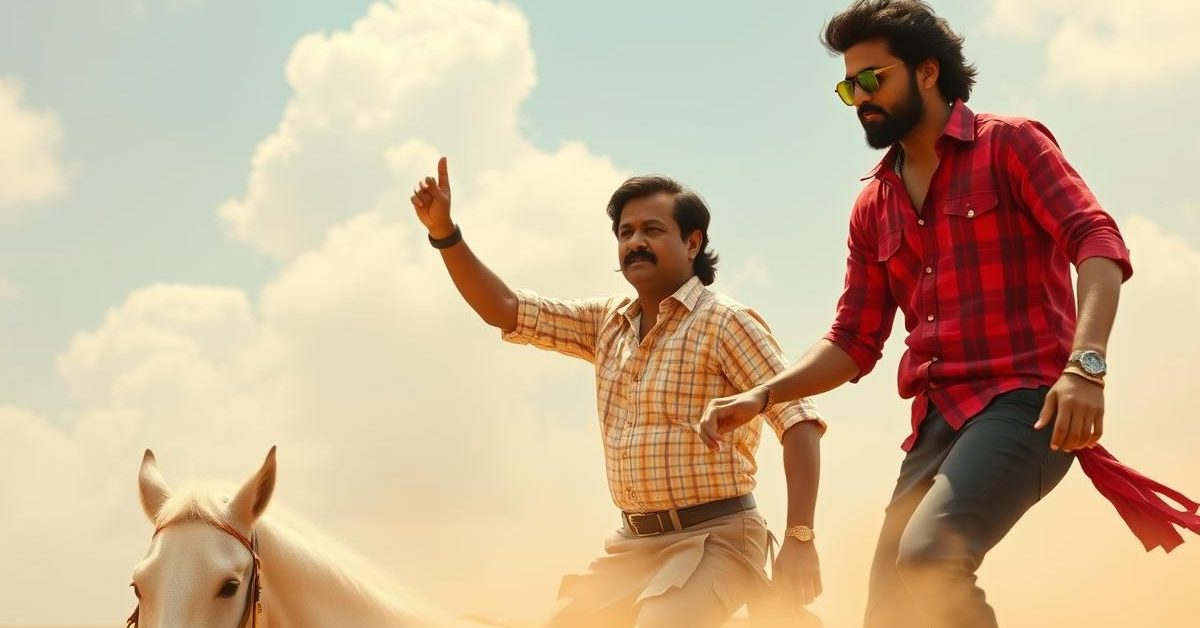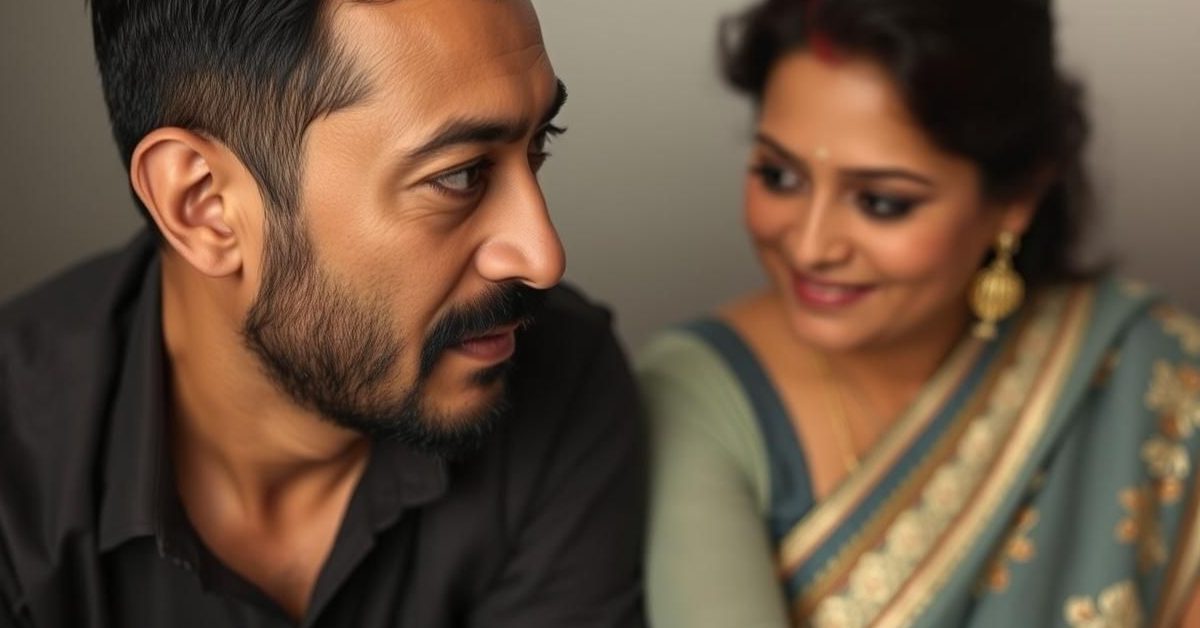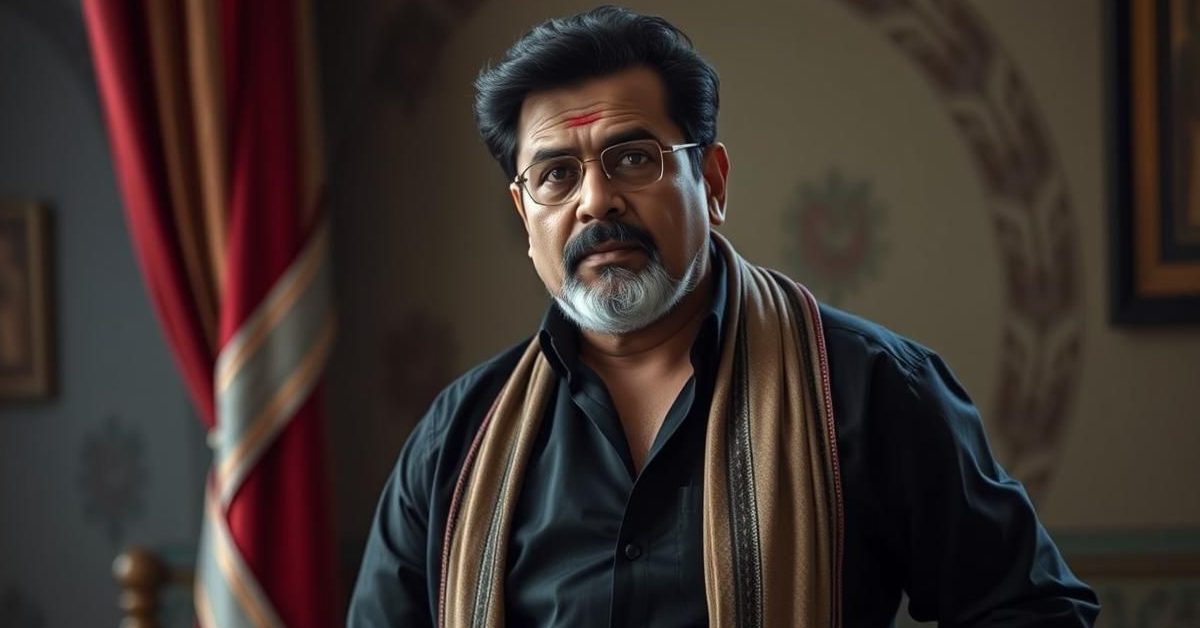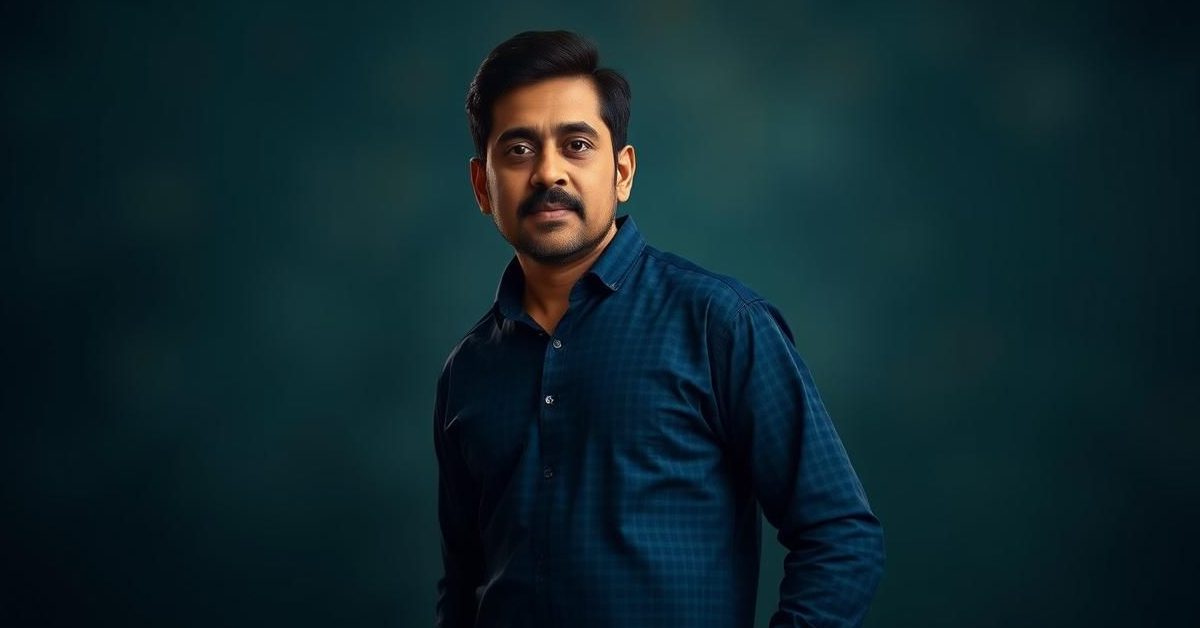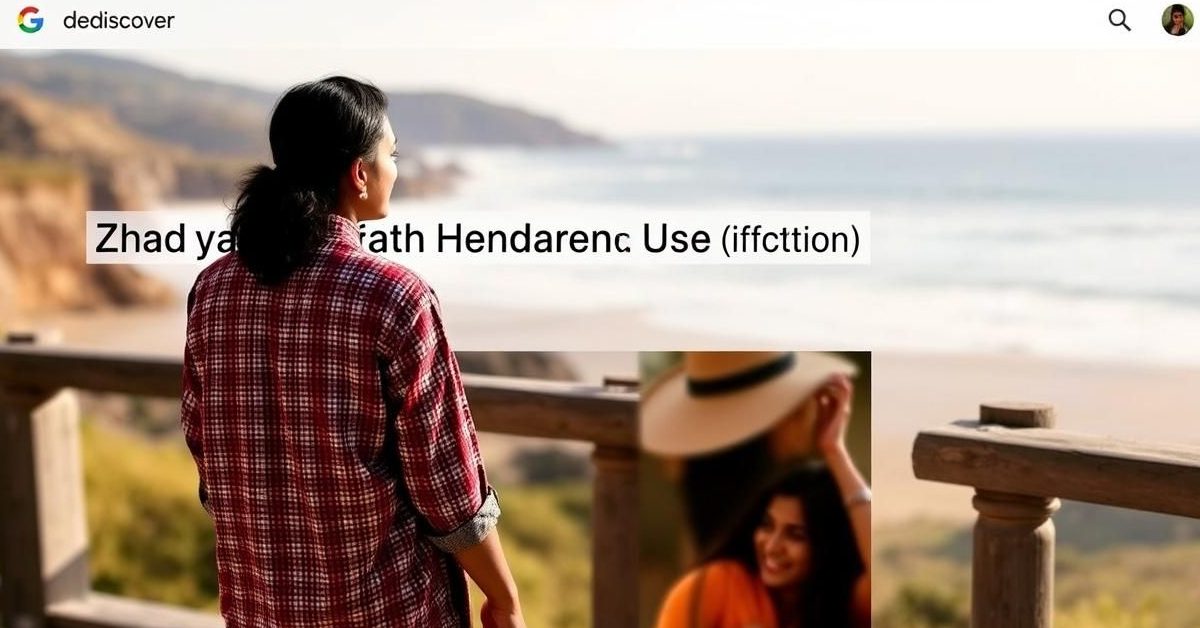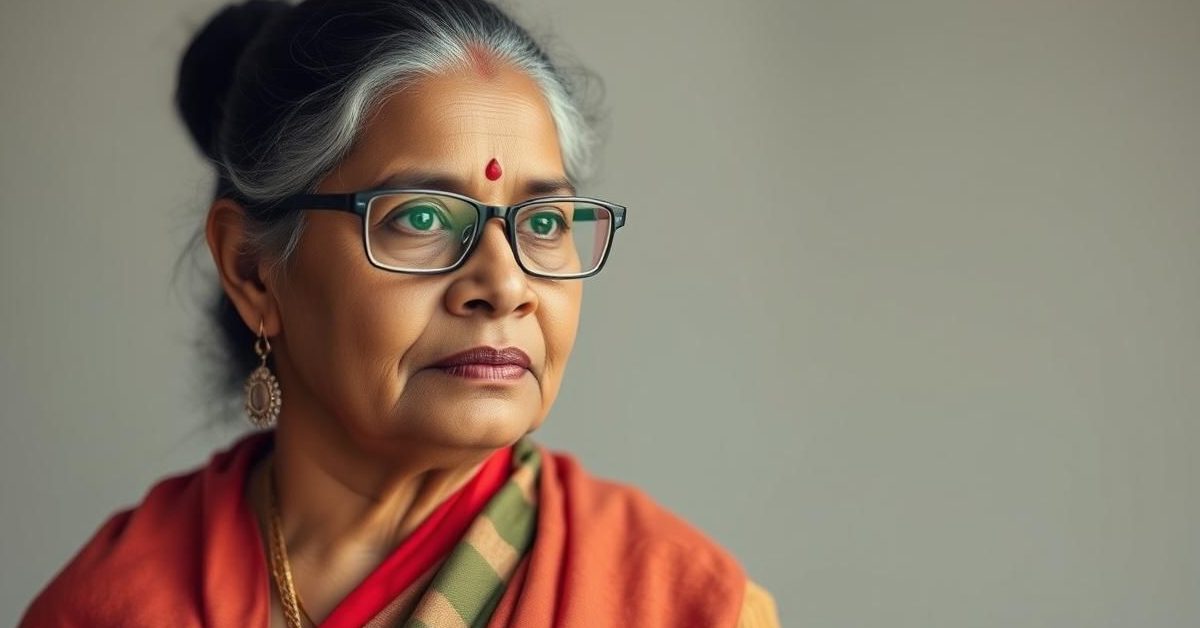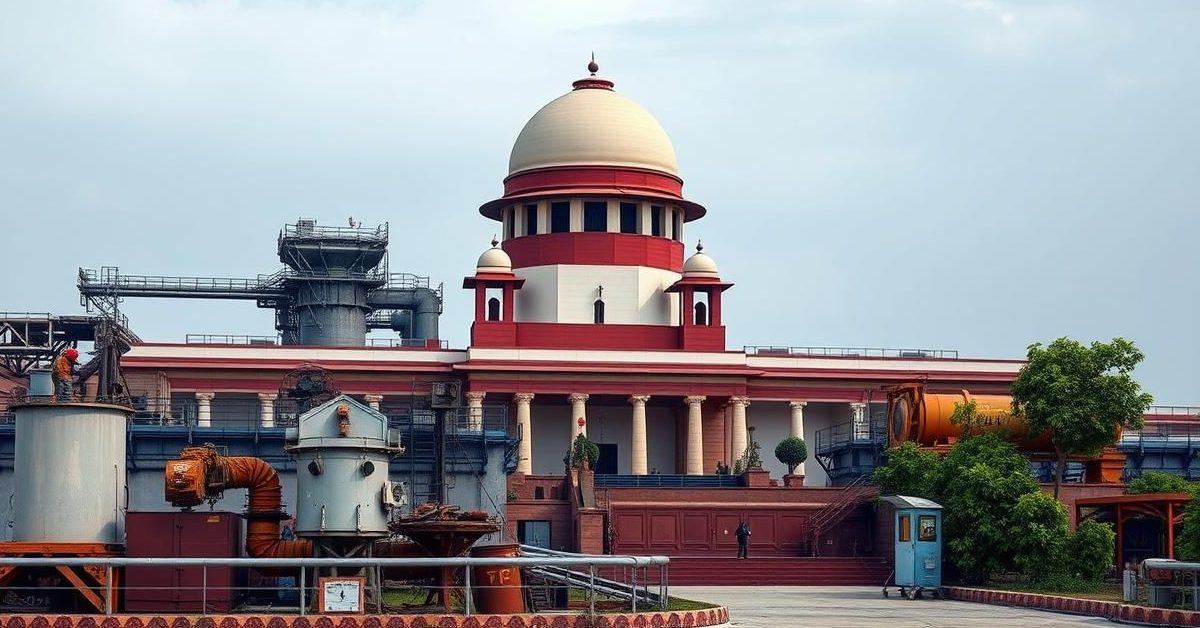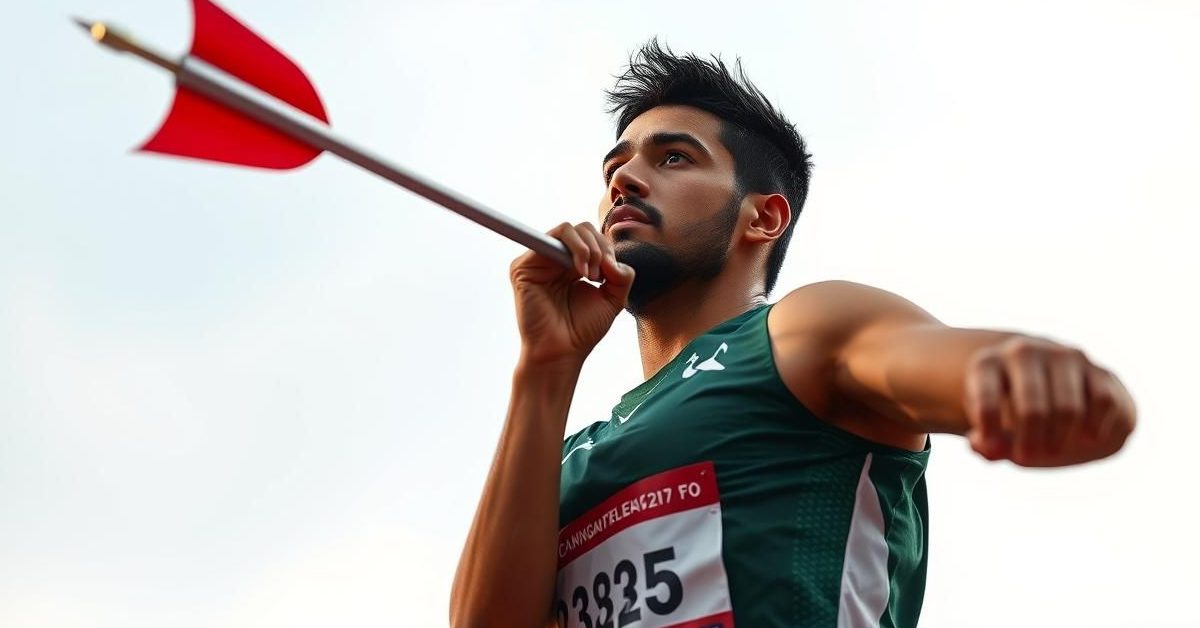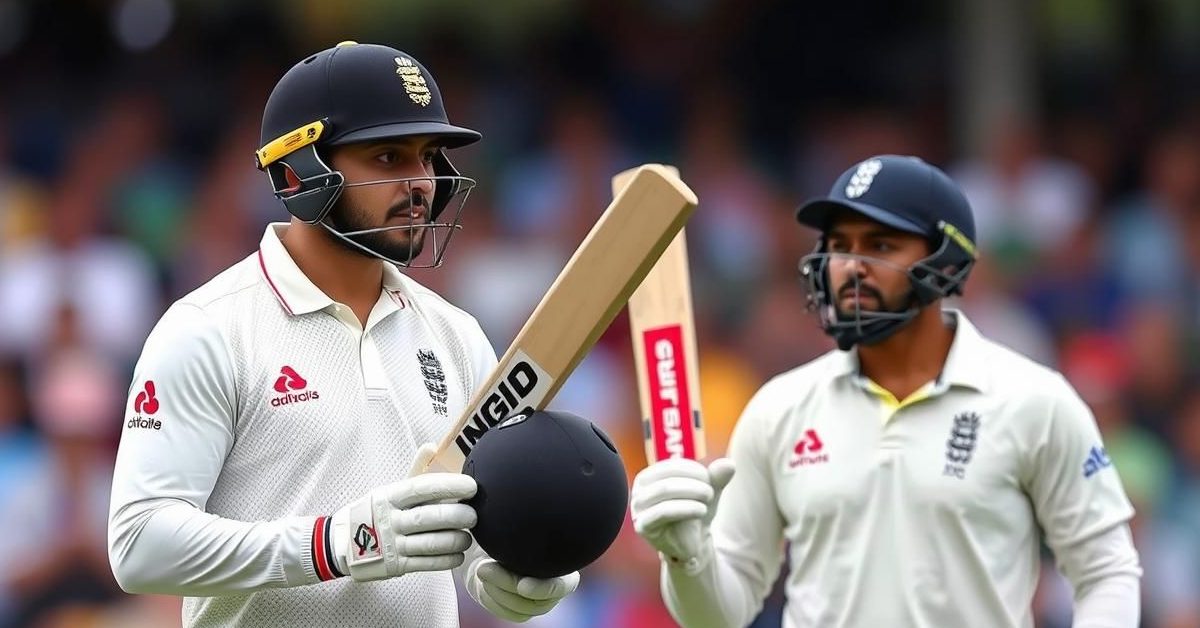The Political Shift in Phulera: Has ‘Panchayat’ Lost Its Signature Charm?
For three seasons, the quaint, often hilariously mundane life of Phulera village, seen through the eyes of city-bred Abhishek Tripathi, captured the hearts of millions. We fell in love with the unhurried pace, the simple joys, and the understated humor that defined ‘Panchayat’. However, as the highly anticipated fourth season unfolds, a palpable shift takes center stage, moving away from the gentle slice-of-life narrative into the bustling, sometimes cutthroat, arena of local politics. This pivotal change is immediately evident as the ubiquitous ‘lauki’ (bottle gourd) becomes the poll symbol for Manju Devi, played with delightful earnestness by the veteran actress Neena Gupta, while her formidable opponent, Kranti Devi, portrayed by Sunita Rajwar, stakes her claim with the humble ‘pressure cooker’. This seemingly charming electoral battle, which initially feels like another delightful quirk of rural existence, quickly signals a deeper transformation within the beloved series.
Navigating the Electoral Maze: Abhishek’s Evolving Role
Jitendra Kumar, in his iconic role as Sachiv Abhishek Tripathi, finds himself increasingly entangled in the political machinations that now dominate Phulera. No longer merely an observer or a slightly reluctant participant, Abhishek is drawn deeper into the power struggles, his personal aspirations for the CAT exams often taking a back seat to the immediate demands of the gram panchayat elections. His journey this season explores the ethical dilemmas and moral compromises that come with navigating a system where personal relationships often intertwine with political allegiances. The series meticulously details the intricate dance of campaigning, from door-to-door canvassing to the subtle art of influencing voters, all while showcasing Abhishek’s evolving maturity and his growing, albeit reluctant, attachment to the village.
The Women of Power: Manju Devi vs. Kranti Devi
At the heart of ‘Panchayat Season 4’ lies the compelling electoral showdown between Manju Devi and Kranti Devi. Neena Gupta infuses Manju Devi with a renewed sense of purpose, as she steps into the political limelight, guided and sometimes overshadowed by her husband, Pradhanpati Brij Bhushan Dubey (Raghubir Yadav). Her ‘lauki’ symbol becomes a beacon of tradition and local identity. Conversely, Sunita Rajwar’s Kranti Devi emerges as a shrewd and ambitious opponent, her ‘pressure cooker’ emblem symbolizing a desire for rapid change and perhaps, a more assertive approach to village governance. The rivalry between these two women transcends mere politics, delving into personal history and the underlying power dynamics within the community, offering a nuanced look at female leadership in rural India.
The Ensemble’s Enduring Appeal Amidst Political Turmoil
While the political narrative takes precedence, the supporting cast continues to be the bedrock of ‘Panchayat’. Raghubir Yadav, as the ever-scheming yet ultimately well-intentioned Pradhanpati Brij Bhushan Dubey, navigates the complexities of his wife’s candidacy while trying to maintain his own influence. His exasperation and strategic maneuvers provide consistent comedic relief and grounding. Faisal Malik’s Prahlad Pandey and Chandan Roy’s Vikas remain Abhishek’s steadfast companions, offering both loyalty and moments of unwitting humor as they assist in the election efforts. Their collective banter and unwavering support underscore the enduring human connections that have always been a hallmark of The Viral Fever’s (TVF) storytelling, even as the narrative veers into more complex territory.
Beyond the Laughs: A Deeper Look at Rural Realities
While previous seasons celebrated the rustic charm and simplicity of village life, ‘Panchayat Season 4’ courageously confronts the more intricate and often challenging aspects of rural administration and political ambition. It explores themes of local governance, bureaucratic hurdles, and the sometimes-stark realities of electioneering in India’s villages. The humor is still present, but it often serves to highlight the absurdities and frustrations inherent in the system, rather than just celebrating quaintness. This season marks a departure from pure escapism, inviting viewers to ponder the evolving landscape of rural development and the aspirations of its inhabitants, making it a more mature and perhaps, a more profound viewing experience on Amazon Prime Video. While some long for the unadulterated innocence of earlier days, this evolution offers a different kind of engagement, prompting reflection on the complexities beneath the surface of Phulera.
